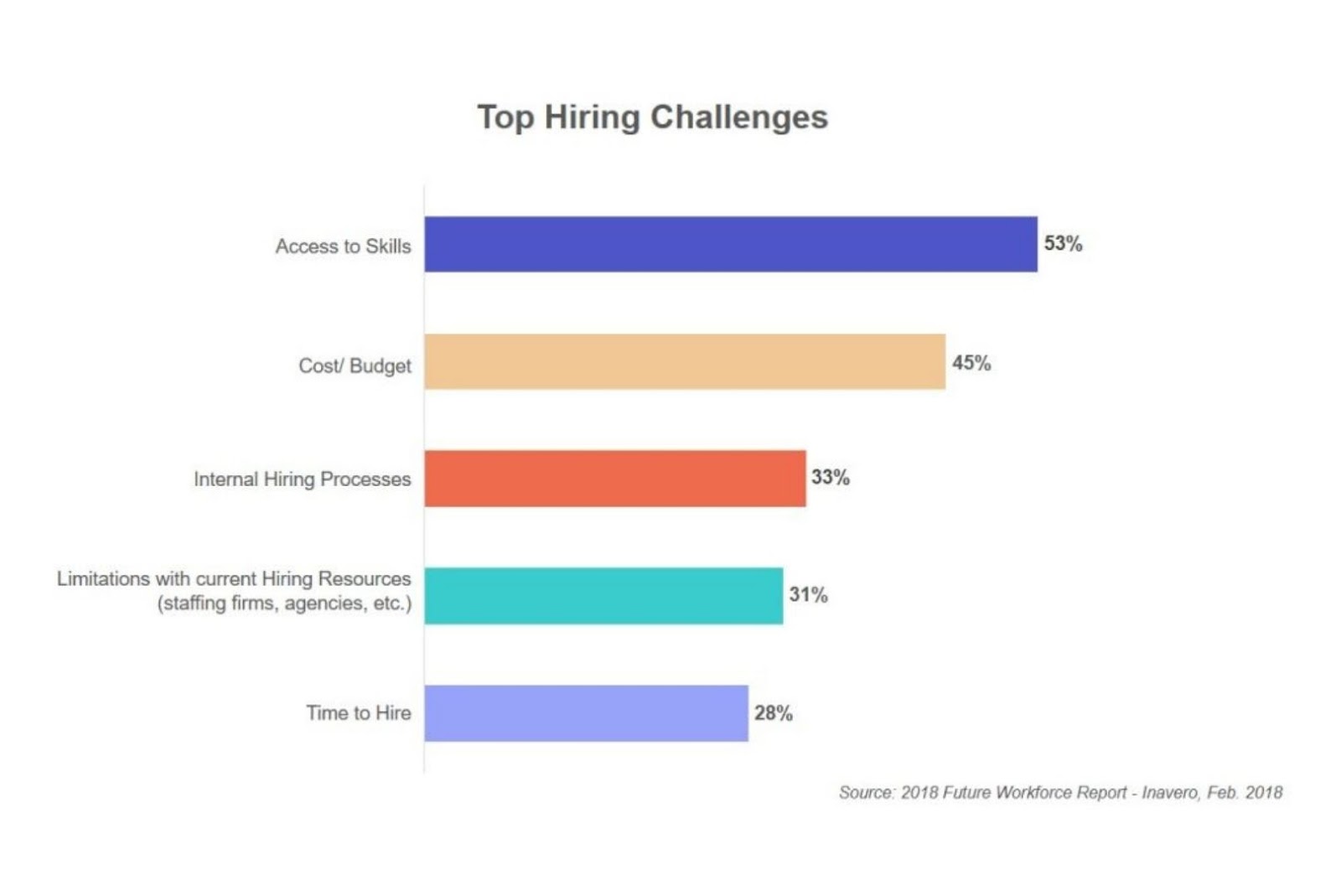
There are many types available in legal management consulting. There are large firms that specialize on strategy and operation, smaller regional players of medium or small size, and family-owned businesses. These companies can have wide-ranging geographic presences, decentralized networks, vertical or lateral presences, or a singular focus. These companies hire a variety of professionals, including entry-level lawyers and law students.
Lawyers earn higher salaries than legal consultants
Over the last few decades, lawyers have made higher salaries than legal professionals. The compensation scale has been bimodal. A cluster of law students earns $45,000-65,000 annually, while another group earns $125,000 to $125,000 annually. The gap was further widened by 2007's increase in compensation. Big Law lawyers made six figures and everyone else got smaller paychecks.
This is because compensation structures at large law firms have been influenced by demand and supply. The hourly average rate for partners at large law firms has increased approximately 20% in the last decade. However, the average hourly wage has grown by less then 1% per annum. In other words, lawyers have been paid more than the economic growth.
Lawyers are educated at the same level as lawyers.
Consider the educational background of the employer and candidate when you are looking to hire a lawyer consultant. While lawyers are generally more educated than legal consultants, the two occupations often require similar levels of education. The average JD and Master's Degrees of a legal advisor and a lawyer is almost identical.

A typical legal operation consultant works with in-house departments to build their technological infrastructure. This includes setting up a software program to process outside counsel bills. They also gather and analyze data about billing and collections.
Lawyers conduct legal research
Lawyers conduct legal research for a variety of reasons. They may be doing research for clients, or preparing briefs. They are looking to maximize their billable hours in both cases. Legal research helps lawyers meet these demands and improve their legal workflows. In addition, it helps them gain new clients.
Although legal research can be difficult, understanding the basics can help you make it easier. It is crucial to have solid research skills in order to put together compelling arguments. Lawyers should have a basic understanding of legal research and the steps involved.
Lawyers manage the case life cycle
In a competitive industry where lawyers compete with dozens of other firms, lawyers need to make sure they're managing the life cycle of their clients. This involves understanding the lifecycle of each client and adding value to each stage. Although this might seem like a difficult task, it is crucial for lawyers that they provide a quality client experience.
A wide variety of data is required to track the lifecycle of a legal case. These data include everything from client budgets, invoices, and the type of work done. Legal firms can keep track of all these details with a legal matter management system. Another benefit is financial reporting. This allows attorneys know how their business performs.

Management of projects is best left to lawyers
Project management is becoming a more common role for lawyers in the legal sector. It has many benefits for the firm and its clients, including increased efficiency and cost control. It also helps law firms handle traditional issues like overtime, long working hours, and fatigue from a heavy workload. It can also help improve the relationships between the firm's clients.
Many types of legal project management software are available. These software can be used to help lawyers manage their workflows. These tools are able to track important project components and deadlines. They also allow you to keep track of team members' workloads and availability. This is crucial for law firms.
FAQ
Is it possible to run a consultancy business from home?
Absolutely! Actually, this is what many consultants already do.
The majority of freelancers work remotely with tools like Skype. They often create their own office space so they don't miss out on company perks.
Freelancers might prefer to work in libraries or cafés, rather than traditional offices.
Others prefer to work from home as they feel more at home with their families.
There are pros and cons to working remotely. If you love your job, working from home is definitely something worth looking at.
Can anyone be an advisor?
Consultants are people who help you reach your goals by giving advice about how to make it better, faster, or cheaper.
Consultants can help you resolve problems, make decisions, and negotiate with other people.
For specific tasks or projects, consultants are often hired.
Consultants are usually paid hourly, daily or per project.
How can I be a successful consultant?
Finding a passion area is the first step. You must then build relationships. It is important to understand the needs of clients and their business. Finally, you must deliver results.
While you don't need to be the best at all things, it is important to be better than others. You must also have passion for your work. It isn't enough just to say, "I'm going to be a consultant." You must believe in yourself.
Statistics
- WHY choose me: Why your ideal client should choose you (ex: 10 years of experience and 6-week program has helped over 20 clients boost their sales by an average of 33% in 6 months). (consultingsuccess.com)
- On average, your program increases the sales team's performance by 33%. (consultingsuccess.com)
- According to IBISWorld, revenues in the consulting industry will exceed $261 billion in 2020. (nerdwallet.com)
- My 10 years of experience and 6-step program have helped over 20 clients boost their sales by an average of 33% in 6 months. (consultingsuccess.com)
- "From there, I told them my rates were going up 25%, this is the new hourly rate, and every single one of them said 'done, fine.' (nerdwallet.com)
External Links
How To
How To Find The Best Consultant?
First, ask yourself what kind of consultant you are looking for. Before you look for someone, you need to be clear about your expectations. You should make a list of all the things you need from a consultant. This list could include technical expertise, project management skills, communication skills and availability. You might also want to talk with colleagues or friends about their recommendations. Ask them about their experiences with consultants and compare their recommendations to yours. You can also do some online research if you don't know of any. There are many websites that allow users to leave feedback about their previous work experiences, such as LinkedIn and Facebook, Angie's List or Indeed. Look at the ratings and comments left by others and use this data as a starting point for finding potential candidates. After you've compiled a list of potential candidates, it is time to reach out to them and schedule an interview. During the interview, you should talk through your requirements and ask them to explain how they can help you achieve those goals. It doesn't matter whether they were recommended to you or not; just ensure that they understand your business objectives and can demonstrate how they can help you reach those goals.